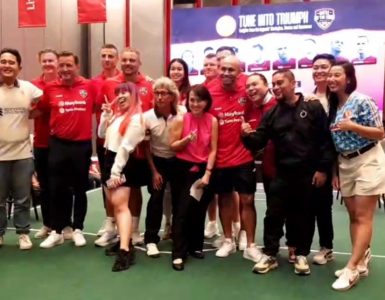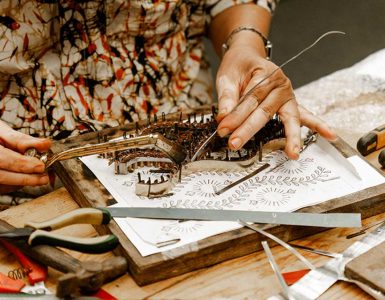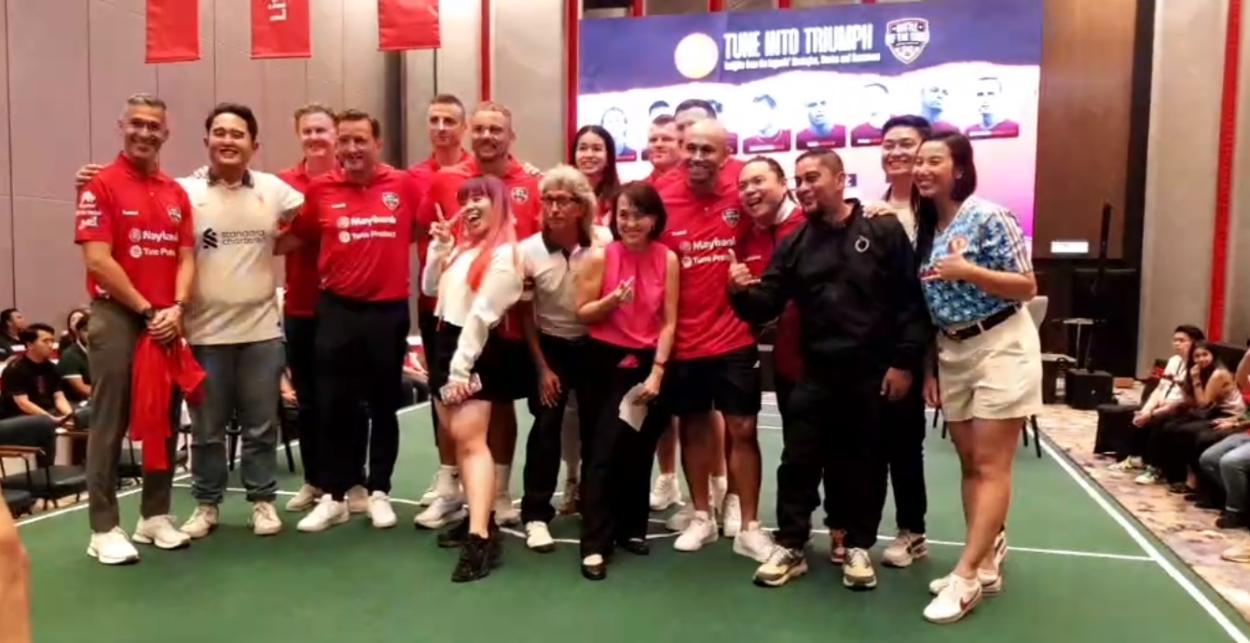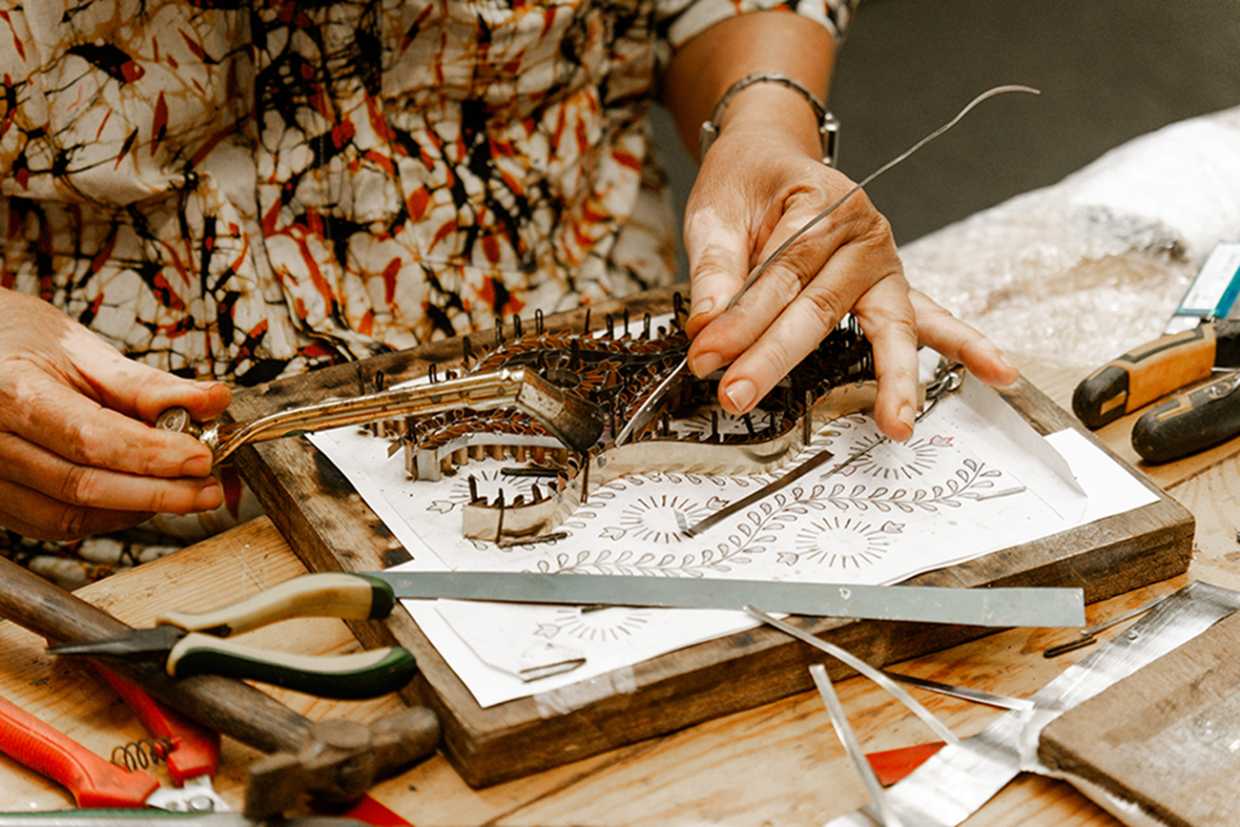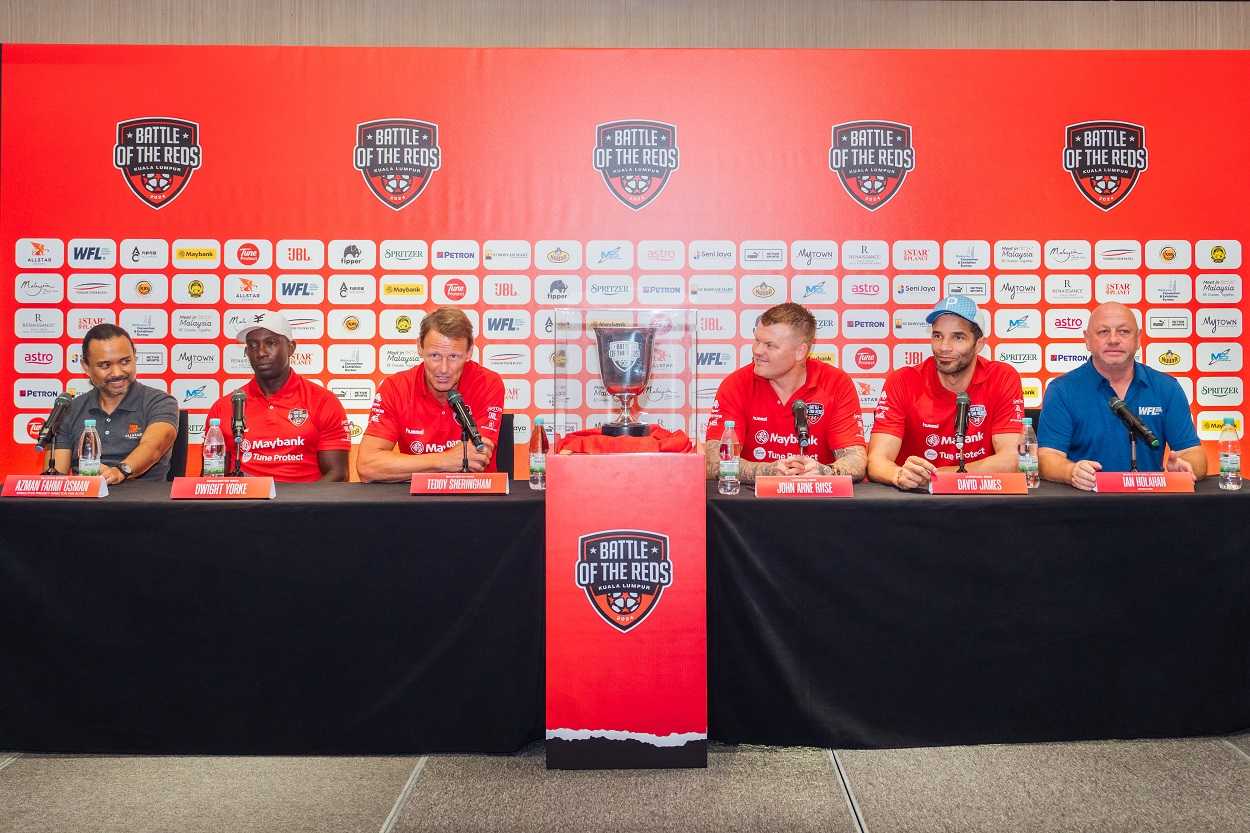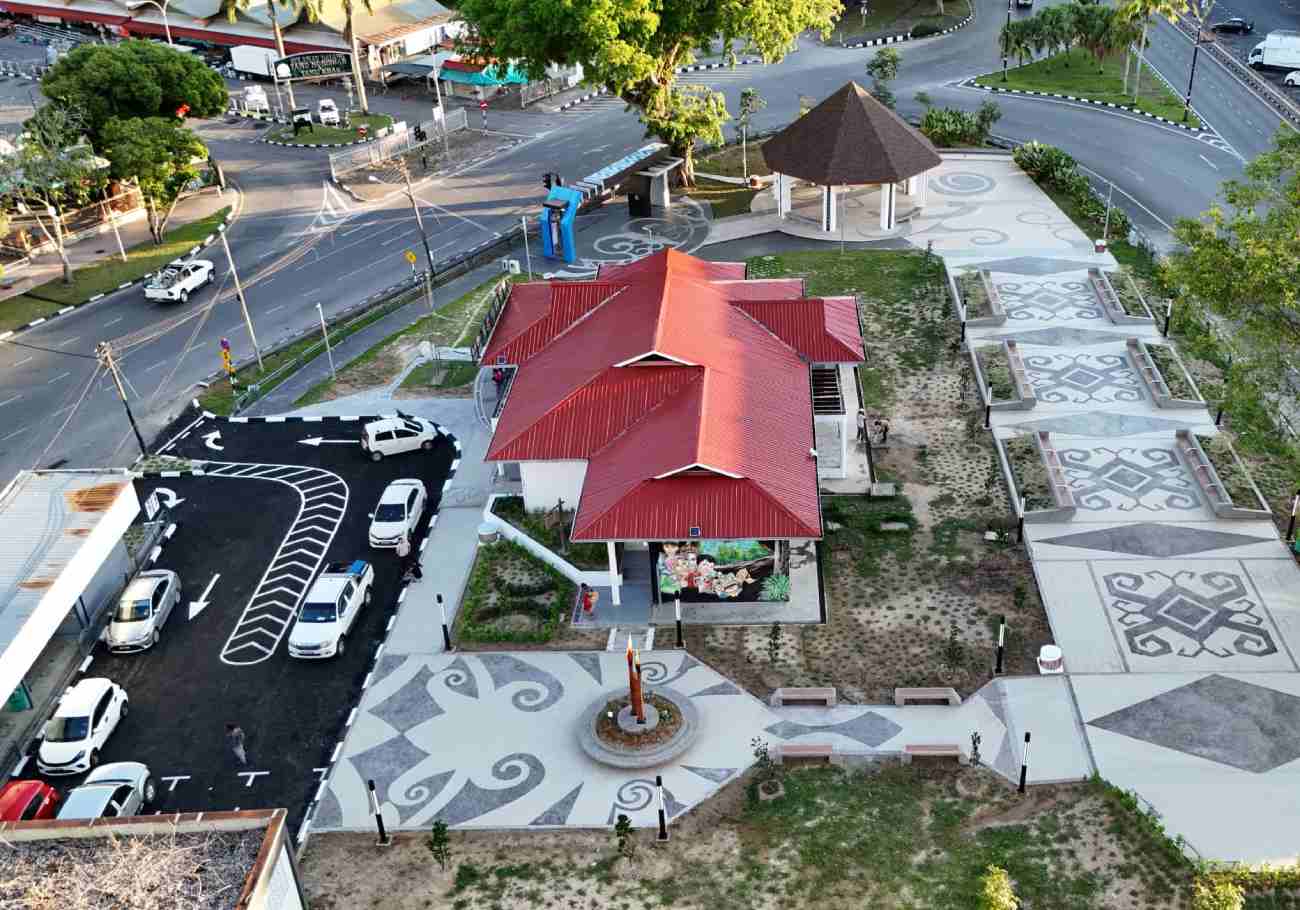MBPJ councillor Anthony Thanasyan is himself a vocal policymaker championing the disabled and pets rights, but the NGO-turned-councillor does not think much of the NGO councillor quota. It’s an unexpected view for him to take when he was elected under the quota, and reselection is around the corner.
“I think the issue has been overplayed. I don’t believe by (electing) NGO councillors, the council could be (better),” he spoke to Komunitikini in an exclusive interview.
“Let’s face the truth, political parties need (these positions) to survive. It’d be suicidal if Pakatan Rakyat (were kept from) becoming councillors,”
The second-term NGO councillor said the authority should not elect NGO activists who have no intentions to become policymakers.
“The NGO quota is indeed a good move. But it is flawed if (the authorities) thinks by just playing with the number game it could be successful.
“They should instead screen every NGO candidate, bring in those who are in-touch with the people and effective.
“If not, (NGO councillors) are just taking previous slots that political parties could use.”
Since the takeover of Pakatan Rakyat, the Selangor state government has revamped the councillor appointment guideline which requires annual re-selection, a 30 percent quota for NGOs and professionals and transparent assessments.
However, there is a increasing demand to reinstate local council elections, last held in 1965.
When quizzed about this, Anthony said he does not think this is a right time to do so.
“I don’t think we are ready for it,” he said.
Literally going to the dogs
Anthony was appointed as MBPJ councillor in August 2008. He has since chaired the disabled technical committee to accelerate PJ’s goal towards becoming a disabled-friendly city.
The wheelchair-bound councillor was pleased to see PJ now on track, installing disabled-friendly pavements, railings and blind blocks at every sidewalk in PJ, which adhere to set standards.
Under his committee’s request, the council has also bought two ramp vans to serve the need of those with least mobility.
As the president of NGO Petspositive, Anthony never fails to improve the condition of the human’s best friend too.
“One thing is about the contrast between dogcatchers and the public. For the council, stray dogs are pests that should be removed from the street.
“But from our point of view, dogcatchers should be more humane in treating the dogs. They should bring the man to the dog instead of approaching them with force.”
He also realised individuals with different incomes react differently towards their pets.
“When we educate the public on the proper ways to keep their pets, poorer people tend to be more receptive. They might not be well-educated but they are willing to learn.
“Whereas the rich fellows are so stoneheaded in justifying whatever they do, they think they own pets so they have the right to do anything.”
Disabled-friendly pavement among the pillar projects of Anthony.
Changing public perception an uphill task
After two years as a policymaker, Anthony said the uphill task he faced now is to change public prejudice towards the disabled community.
“People tend to think disabled peoples are creatures. They will avoid us in lifts or tell their children we became like this because we did not behave.
“We are normal human beings, we have feelings too.
“That’s why they think all things are created for perfect persons like them. When we are demanding our rights, they label us as frustrated.
“But how do you define disabled? Anyone could easily became handicapped after an accident or disease, and the elderly definitely have some disabiled as well.”
He said by 2035, 10 percent of Malaysia’s population will be elderly. Hence investing in disabled-friendly facilities now would be a right move.
But he admitted that things cannot be changed overnight.
“People are just not ready yet.
“That’s why being a NGO councillor, I learned to know when to fight and when to just turn away.”





